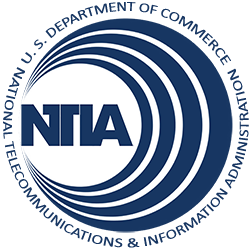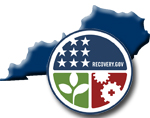Boat People SOS’s Neighborhood Empowerment and Support through Teamwork project proposes to provide broadband access, training, education, and support for the underserved 7,000-household Vietnamese immigrant and refugee community in South Louisville and the surrounding areas in Jefferson County, Kentucky.
The project will increase local Vietnamese Americans’ access to critical services, improve low literacy levels, and expand job options via training in computer abilities and other relevant job skills. The program also intends to provide a safe place for youth to obtain educational opportunities under the guidance of tutors, and better equip parents to contribute to the education of their children.

